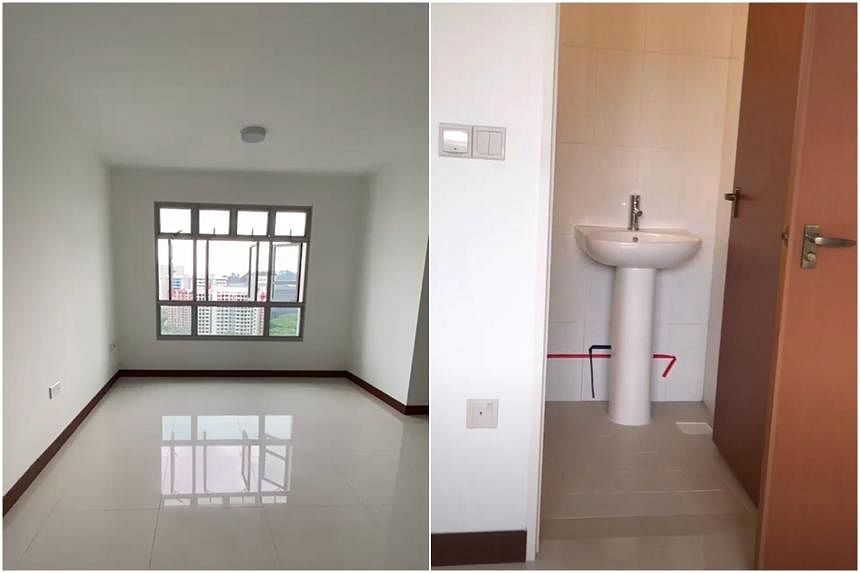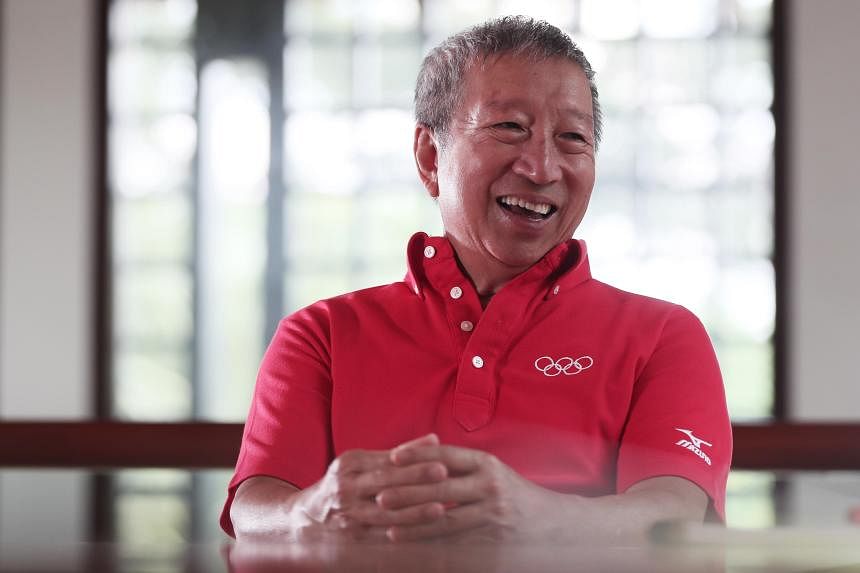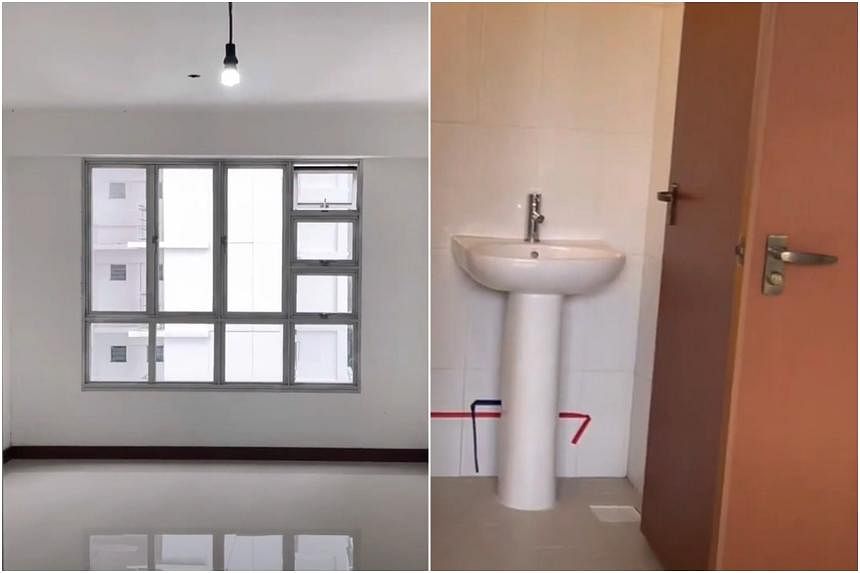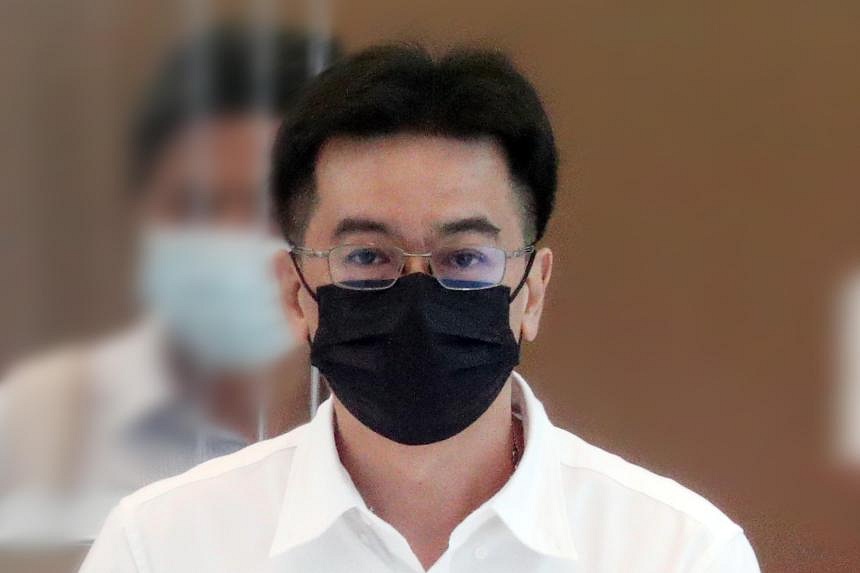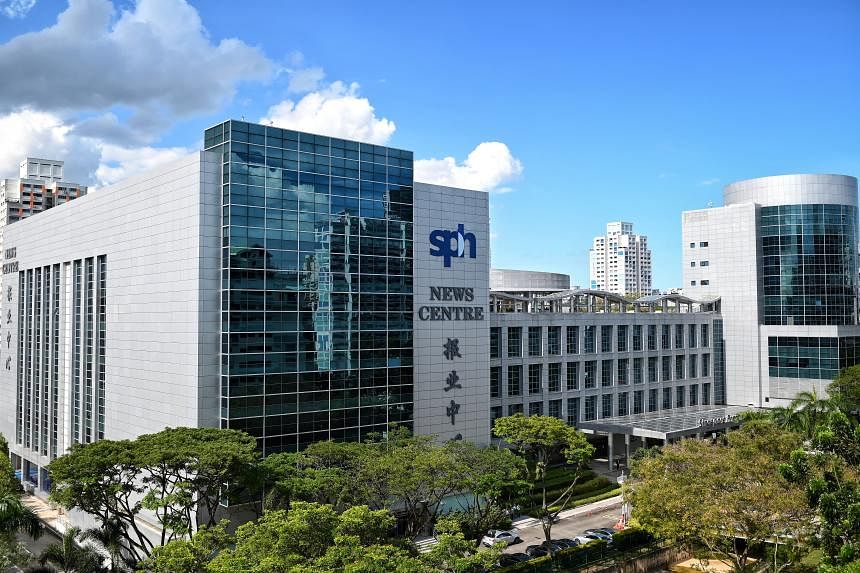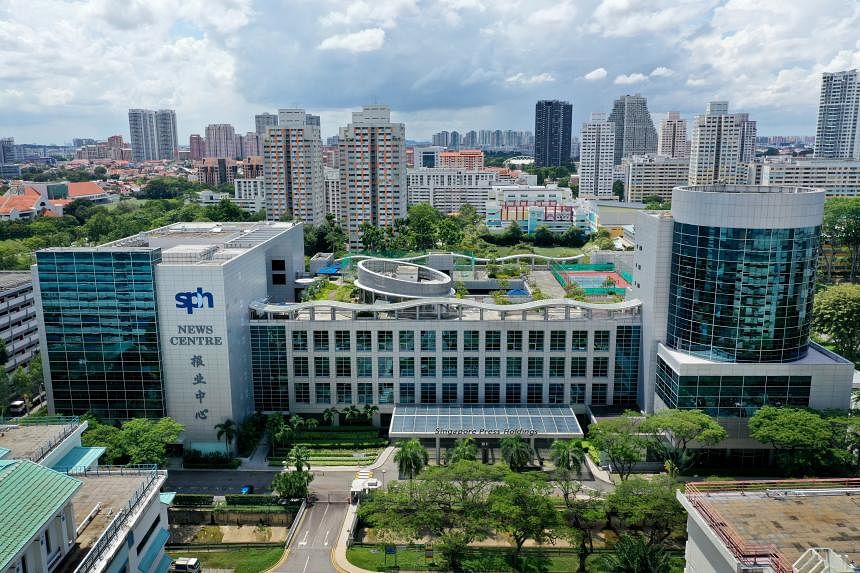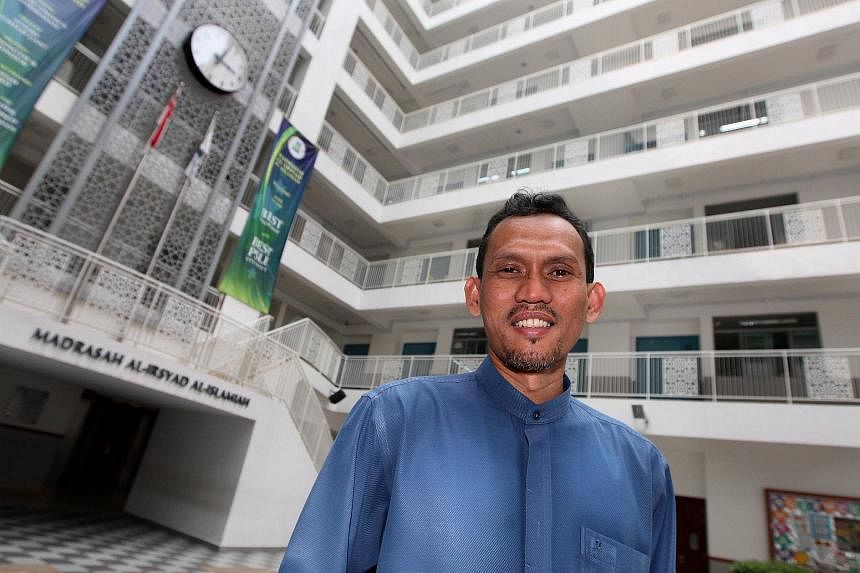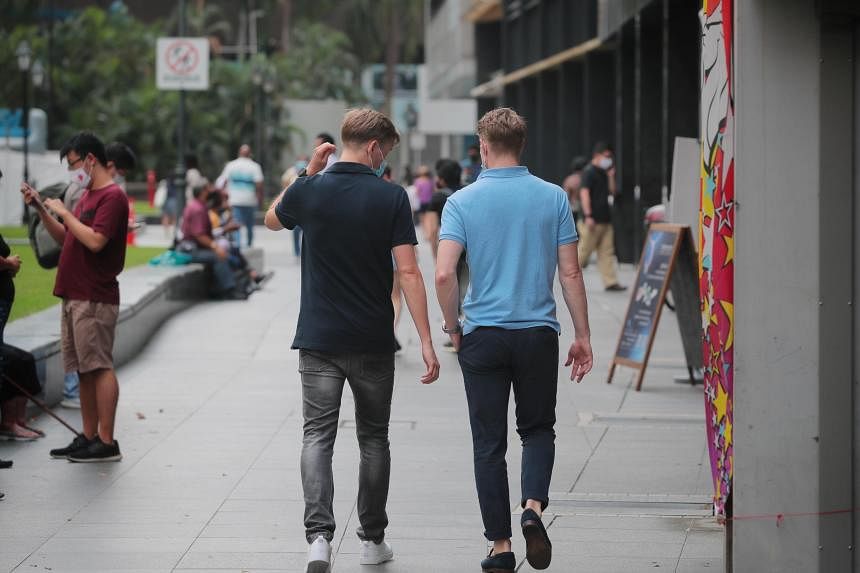- Joined
- Jul 25, 2008
- Messages
- 12,468
- Points
- 113
Empty BTO flats up for sale on property portals, despite 5-year MOP rule for owners
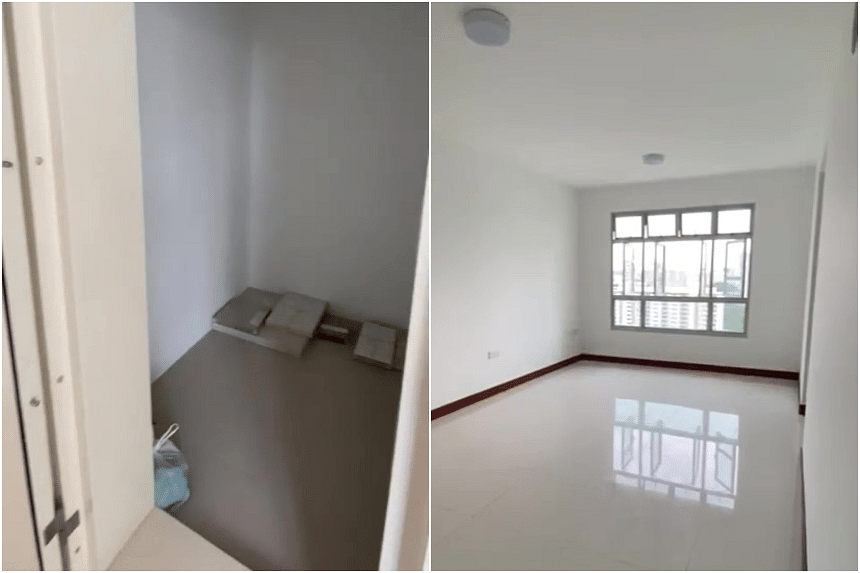
A three-room HDB flat at 95A Henderson Road appeared to have never been renovated, aside from lighting installed on the ceiling. PHOTOS: SCREENGRAB FROM PROPERTYGURU

Michelle Ng
Housing Correspondent
DEC 21, 2022
SINGAPORE - At least three unrenovated Build-To-Order (BTO) flats that appear to have never been lived in before are up for sale on property listing portals, despite the Housing Board’s rule that flat owners must live in their unit for the full five-year minimum occupation period (MOP).
These flats have no light fixtures or kitchen carpentry and come with the original sanitary fittings provided by HDB – with some toilet bowls still wrapped in plastic.
National Development Minister Desmond Lee, in a Facebook post on Monday, said owners cannot buy a BTO flat, not move into it for five years, and then sell it as “almost brand new” on the resale market. If owners are unable to fulfil the MOP, the flat has to be returned to HDB. It will then be put up as a balance flat for other home buyers to apply for, he added.
“Otherwise, it may be a breach of HDB rules and HDB will investigate accordingly,” Mr Lee said.
A check by The Straits Times on Tuesday evening found three such vacant flats on PropertyGuru, with agents touting these units as a “blank canvas” and “never stayed in before, brand new”.
One of them – a four-room HDB flat at 292B Bukit Batok East Avenue 6 – was taken down from the property portal on Wednesday morning, after netizens posted about it in the comment section of Mr Lee’s Facebook page.
The unit, which reached the MOP this year, had an asking price of $688,888 and was listed as being on a high floor with an unblocked view. Photos from the listing showed an empty kitchen and bedroom, as well as a toilet bowl wrapped in plastic.
The agent who listed it described the unit as a “blank canvas – no need spend money to hack anything” that was owned by a “motivated seller” who could hand over the unit once the transaction was completed.
An in-person viewing scheduled for Wednesday morning by this reporter with the listing agent was cancelled an hour before the appointment time. Further calls to the agent went unanswered.
Another listing for a three-room HDB flat at 95A Henderson Road stated an asking price of $750,000. The unit appeared to have never been renovated, aside from lighting installed on the ceiling.
A walkthrough video showed a pile of spare tiles, which are provided free of charge by HDB to assist owners in their renovation works, kept in the unit’s household shelter.
Meanwhile, an agent who listed a three-room HDB flat at 110A Depot Road described it as “never stayed in before, brand new” in its listing, with an asking price of $650,000. The unit is just over five years old.
Both listings were still up on PropertyGuru at the time of publication.
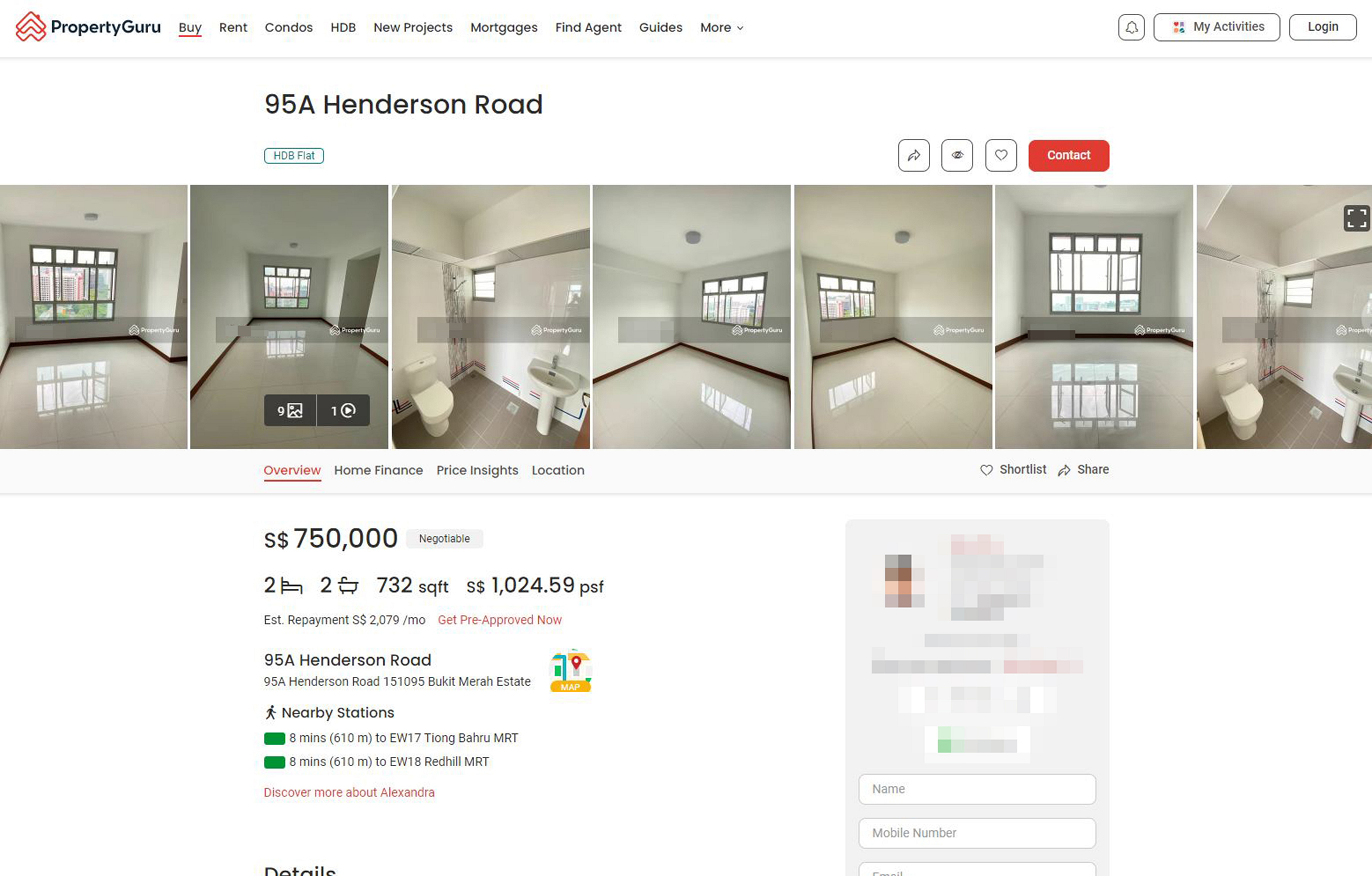
A three-room HDB flat at 95A Henderson Road has an asking price of $750,000. PHOTO: SCREENGRAB FROM PROPERTYGURU
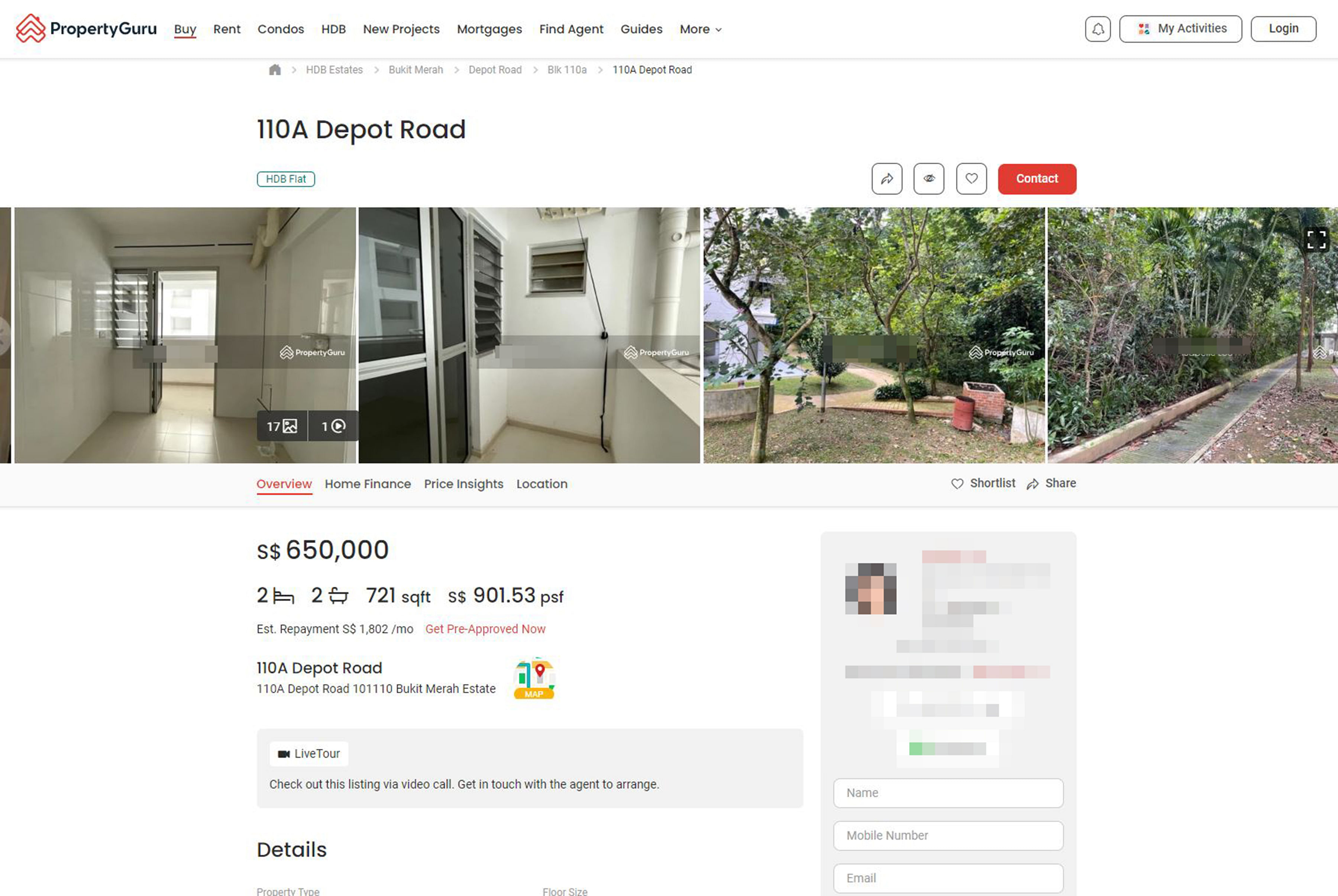
A three-room HDB flat at 110A Depot Road, described as “never stayed in before, brand new” in its listing, has an asking price of $650,000. PHOTO: SCREENGRAB FROM PROPERTYGURU
Mr Lee’s Facebook post came after local media outlet Mothership spotlighted a five-room HDB flat in Yishun Street 51 on Dec 16 that was allegedly left vacant for eight years, as the buyers had moved into their family’s landed property. It was listed on PropertyGuru with an asking price of $690,000 but has since been taken down.
The Straits Times has asked HDB for comment.
Property agents said unrenovated BTO flats that are left vacant account for a minority of resale flats on the market. This is because the opportunity cost to owners of leaving a flat empty for five years and “locking up their names” in the property is too high, said ERA Realty property agent Anne Ho. This is opposed to buying a private property for immediate rental income and potential capital appreciation, she added.
Other agents said a change of family plans, financial difficulties, moving to work overseas or the death of a spouse could explain why some owners leave their BTO flats vacant.
OrangeTee & Tie property agent Susan Mariam said she had once sold a half-renovated HDB flat, as the husband died soon after the couple collected their keys and started renovation works, and the wife did not want to live in the unit.
“It’s very rare to come across flats that are completely empty, maybe one out of 100, and it’s usually because of an emotional reason such as a spouse has died or the owners believe the unit is haunted and refuse to move in,” said Ms Mariam.
ERA Realty’s head of research and consultancy Nicholas Mak said the issue of vacant flats being put up for resale cast a spotlight on housing as a social issue.
“People are angry because some have been balloting for BTO flats for years and cannot get (one), but these people have BTO flats but don’t live in them and end up selling them for more money on the resale market. It’s a case of haves and have-nots,” said Mr Mak.
“The empty flat could have provided shelter for a family for the past five years but it was just sitting there empty – the opportunity cost is too high. And if this is a prevalent issue, there could be a problem in our housing allocation,” he said.

